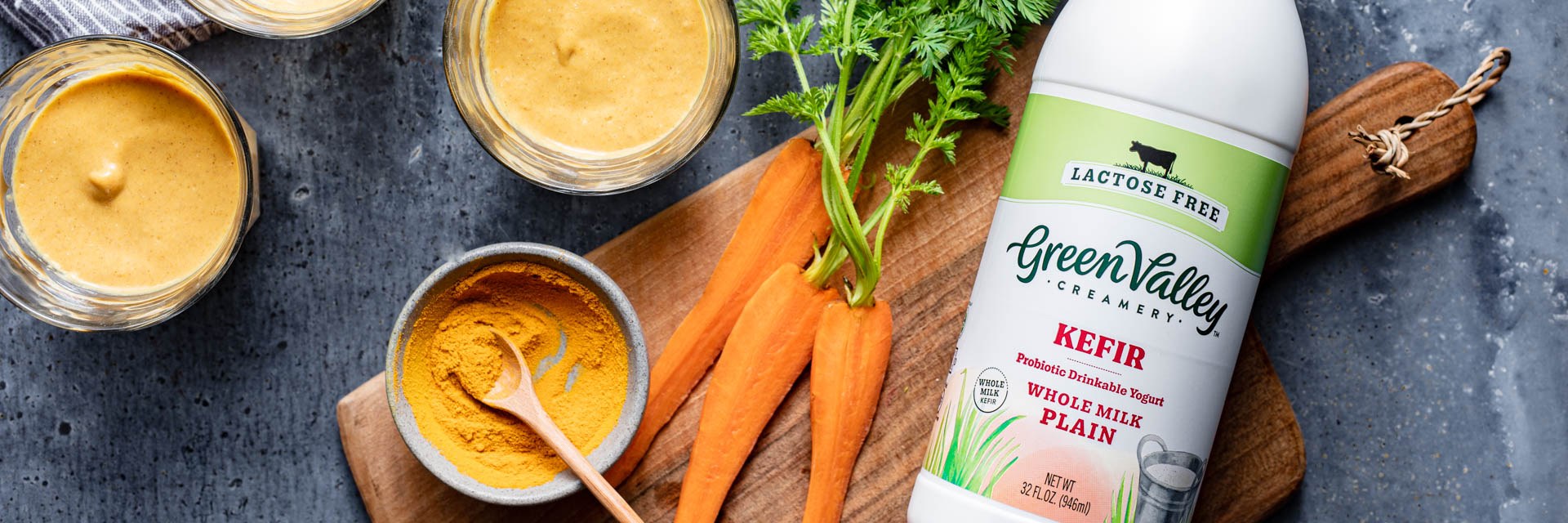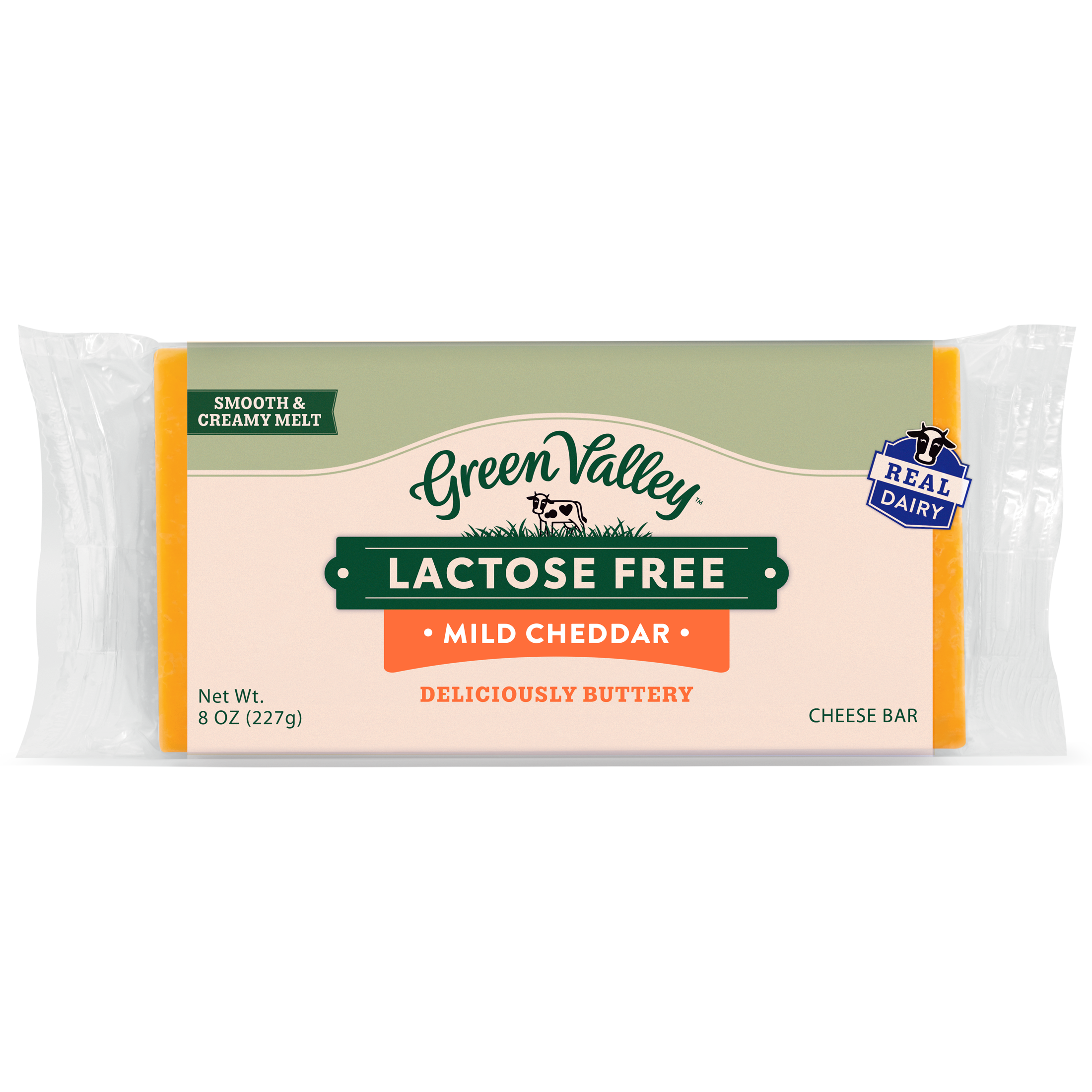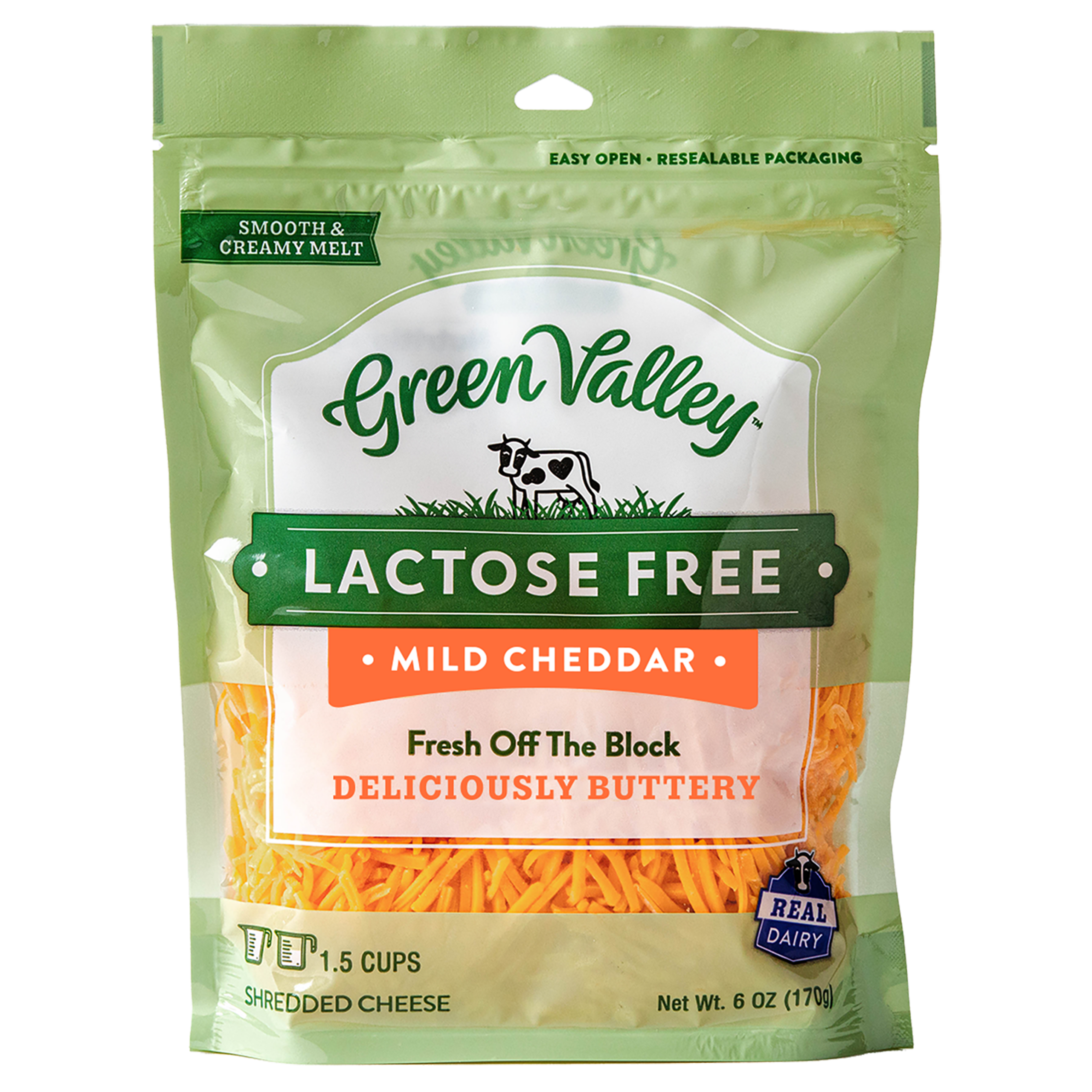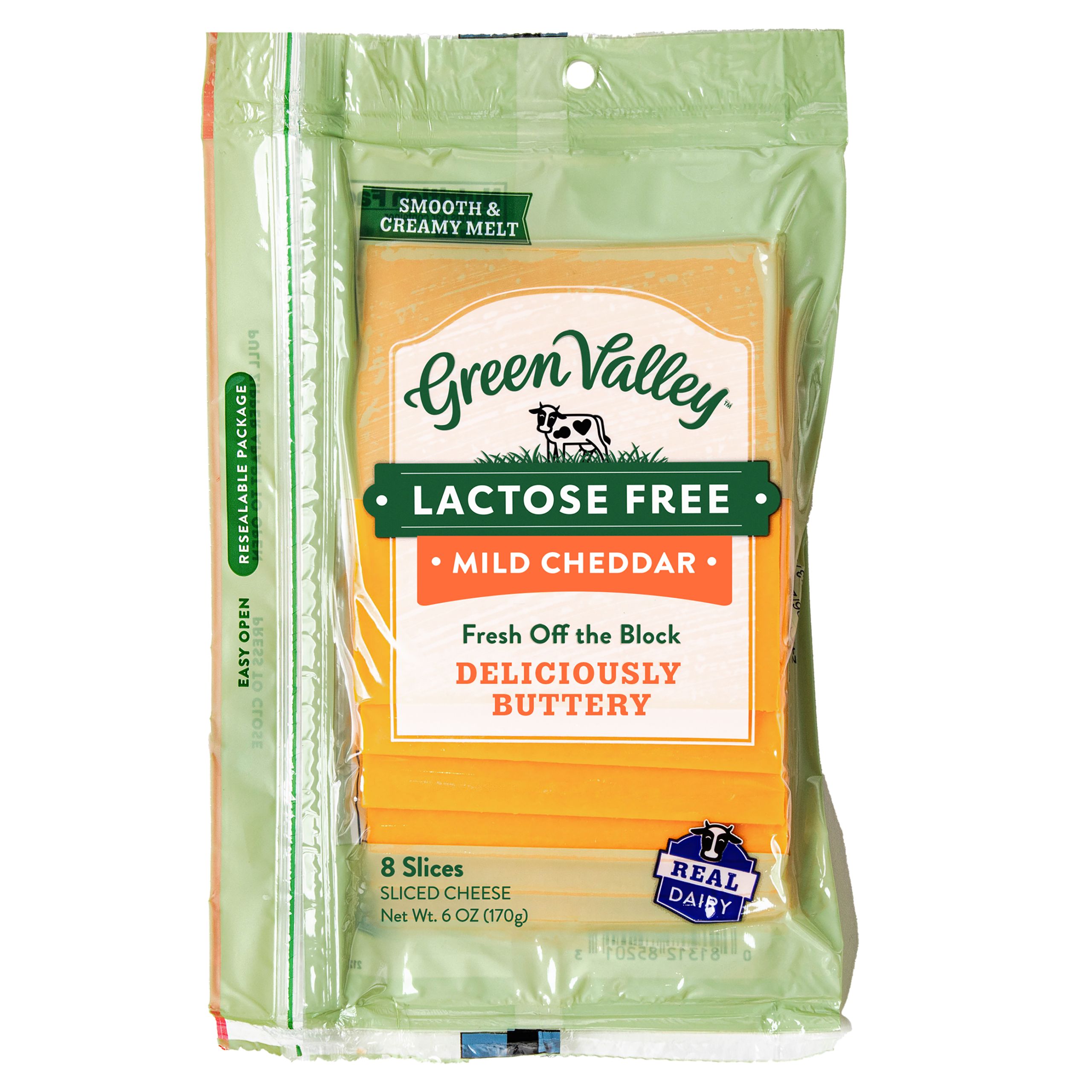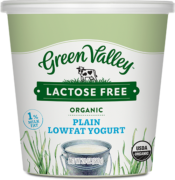There’s no denying that eating an abundance of plant-based foods, such as fruits, vegetables, nuts, seeds, legumes, and whole grains, helps us stay well and prevent chronic disease. In fact, the greater variety of plants we consume, the more significant the health benefits. We should aim to eat 30 different types of plants a week, as the world’s largest human study of the gut microbiome, the American Gut Project, shows those who eat the widest variety of plant foods have a more diverse population of microbes living in the gut (aka gut microbiome), which is associated with better digestion and overall health.1 In addition, the fiber and starches in plants, particularly prebiotic fiber, and resistant starch, help to increase microbiome diversity and promote better health.
While fiber is beneficial to gut health, fermented foods may have even greater potential to improve gut and immune health, particularly among those who consume the typical low-fiber American diet. For example, in a recent 10-week study conducted by researchers at Stanford School of Medicine, healthy adults were assigned to one of two groups, a high-fiber diet (~45g fiber per day) or a high-fermented foods diet (~6 servings of fermented foods per day).4 At the end of 10 weeks, individuals on the high-fermented foods diet showed significantly greater microbiome diversity and reduced markers of inflammation compared to the high-fiber diet. Although this was a small study among healthy adults, it shows promise that eating fermented foods may have a greater impact on improving gut health in the short term among those consuming a Western diet.
So, what is fermentation? Fermentation has been used for centuries to preserve foods. During fermentation, bacteria and yeast convert organic compounds like sugars and starches into alcohol or acids, like lactic acid, which acts as a natural preservative. As sugars and starches are transformed during fermentation, a resilient ecosystem of microorganisms also forms, preventing invading microbes from causing spoilage. However, the benefits of fermentation go well beyond food preservation. Fermentation also increases the variety of live bacteria and the bioactive properties of foods, which may impact immune health, gut health, and many metabolic functions.
Here are ways that fermented foods, such as kefir, yogurt, miso, tempeh, kimchi, sauerkraut, and kombucha, have been shown to promote good gut health:
Probiotics
Probiotics are live microorganisms that provide a health benefit when delivered in adequate amounts. However, it’s important to note that not all probiotics are the same, and only certain species and strains have been proven to provide specific health benefits. For example, most Lactobacillus help maintain the health of the GI tract and some strains, mainly Lactobacillus delbrueckii subsp. bulgaricus, along with Streptococcus thermophilus, help with lactose digestion. Most bifidobacteria help prevent and reduce antibiotic-associated diarrhea, help strengthen the gut barrier and improve digestive symptoms. Most fermented foods, particularly yogurt and kefir, contain strains of Lactobacillus, Bifidobacteria, and Streptococcus. While recent research shows promise that fermented foods provide health benefits, such as increasing good gut bacteria as noted in the study above, fermented foods do not meet the current scientific guidelines to be called a probiotic. Thus, we refer to them as probiotic-containing foods. Also, not all fermented foods are beneficial (i.e., beer), and not all contain live microorganisms (i.e., sourdough bread).
Digestion
Fermented foods help to improve digestion in several ways. Fermented dairy products, such as cultured yogurt and kefir, are well tolerated by those who don’t digest lactose. The bacteria present in these foods provide enzymes that help break down lactose and prevent symptoms of maldigestion such as cramps, gas, bloating, and diarrhea. In addition, as mentioned above, several species present in fermented dairy, such as Lactobacilli and Bifidobacteria, play a critical role in keeping our gut healthy. The presence of these good bacteria help outcompete pathogens from entering the body. These bacteria also help preserve the tight junctions or specialized complexes of cells that form the gut barrier, preventing undigested substances, toxins, and pathogens from invading the gut.
Anti-Inflammatory Benefits
Fermented foods also demonstrate antioxidant and anti-inflammatory properties. Ten weeks of kefir supplementation reduced pro-inflammatory markers and increased anti-inflammatory markers in the gut in animal studies, and the small human Stanford School of Medicine noted above confirms these findings.[1] 4,6 In plant-based fermented foods, such as tempeh, kimchi, miso, sauerkraut, and kombucha, bacteria transform and increase the bioavailability of plant polyphenols, which may act as antioxidants, playing a significant role in protecting our cells from damage and preventing chronic disease.
Emerging research also demonstrates that regularly eating fermented foods may help us manage our weight, reduce the risk of developing type 2 diabetes and lower the risk of heart disease.[2] 5,12 The good news is that fermented foods are readily available in food stores in the US, and we can easily incorporate them into our daily routines. Here are a few suggestions on how to do that.
Start the day with fermented foods
There are so many ways to include kefir or cultured yogurt for breakfast. Make a smoothie, use them in oatmeal or overnight oats, in a pancake batter, a fruit parfait, or to make eggs nice and creamy. Aim to consume 6oz or more of kefir or cultured yogurt to start the day.
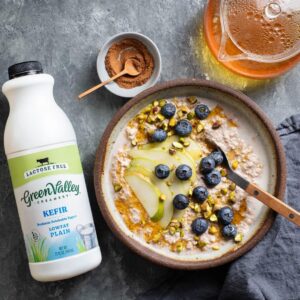
Combine with naturally sweet foods
Fermented foods are often sour and it may take some getting used to the taste. Thus, I like to combine fermented foods like kefir, cultured yogurt and kimchi with naturally sweet foods, such as fruit (apples, banana, berries, kiwi, mango, pears, peaches), beets, carrots, sweet potatoes, butternut squash, cashews, macadamia nuts, pecans, cinnamon, clove and nutmeg. You can also add a pinch of sugar or salt to tone down a sour taste.

Add healthy fats
Fat can also tone down bitter or sour notes in foods. Add avocado, olives or sesame seeds to a stir-fry dish made with kimchi or tempeh. Use miso and a high-quality extra virgin olive oil or avocado oil to make a stir-fry sauce, glaze vegetables or marinate meat (note the sodium content of miso is high if you’re watching your sodium intake). For maximum health benefits, aim to consume 6oz of liquid fermented liquids (kefir, kombucha, cultured yogurt) or1/2 cup or more of fermented vegetables (kimchi, tempeh, sauerkraut) each meal.
So, get creative and begin adding fermented foods into your daily routine for a probiotic, gut enhancing, anti-inflammatory boost!

References
1. McDonald D, Hyde E, Debelius JW, et al. American Gut: an Open Platform for Citizen Science Microbiome Research. mSystems. 3(3):e00031-18. doi:10.1128/mSystems.00031-18
2. Poon T, Juana J, Noori D, Jeansen S, Pierucci-Lagha A, Musa-Veloso K. Effects of a Fermented Dairy Drink Containing Lacticaseibacillus paracasei subsp. paracasei CNCM I-1518 (Lactobacillus casei CNCM I-1518) and the Standard Yogurt Cultures on the Incidence, Duration, and Severity of Common Infectious Diseases: A Systematic Review and Meta-Analysis of Randomized Controlled Trials. Nutrients. 2020;12(11):3443. doi:10.3390/nu12113443
3. Dimidi E, Cox SR, Rossi M, Whelan K. Fermented Foods: Definitions and Characteristics, Impact on the Gut Microbiota and Effects on Gastrointestinal Health and Disease. Nutrients. 2019;11(8):1806. doi:10.3390/nu11081806
4. Wastyk HC, Fragiadakis GK, Perelman D, et al. Gut-microbiota-targeted diets modulate human immune status. Cell. 2021;184(16):4137-4153.e14. doi:10.1016/j.cell.2021.06.019
5. Marco ML, Heeney D, Binda S, et al. Health benefits of fermented foods: microbiota and beyond. Current Opinion in Biotechnology. 2017;44:94-102. doi:10.1016/j.copbio.2016.11.010
6. Melini F, Melini V, Luziatelli F, Ficca AG, Ruzzi M. Health-Promoting Components in Fermented Foods: An Up-to-Date Systematic Review. Nutrients. 2019;11(5):1189. doi:10.3390/nu11051189
7. Kefir: A Probiotic Dairy-Composition, Nutritional and Therapeutic Aspects. doi:10.3923/pjn.2003.54.59
8. Savaiano DA. Lactose digestion from yogurt: mechanism and relevance. The American Journal of Clinical Nutrition. 2014;99(5):1251S-1255S. doi:10.3945/ajcn.113.073023
9. Rao RK, Samak G. Protection and Restitution of Gut Barrier by Probiotics: Nutritional and Clinical Implications. Curr Nutr Food Sci. 2013;9(2):99-107.
10. Hill C, Guarner F, Reid G, et al. The International Scientific Association for Probiotics and Prebiotics consensus statement on the scope and appropriate use of the term probiotic. Nat Rev Gastroenterol Hepatol. 2014;11(8):506-514. doi:10.1038/nrgastro.2014.66
11. Ozdal T, Sela DA, Xiao J, Boyacioglu D, Chen F, Capanoglu E. The Reciprocal Interactions between Polyphenols and Gut Microbiota and Effects on Bioaccessibility. Nutrients. 2016;8(2):78. doi:10.3390/nu8020078
12. What you need to know about probiotics. Gut Microbiota for Health. Published September 23, 2020. Accessed September 29, 2021. https://www.gutmicrobiotaforhe…
which source as this? Can we footnote
Again, can we footnote

